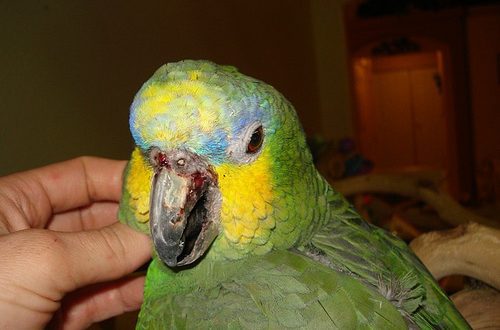
What emotions do dogs, cats, fish and ferrets actually experience?
Behavioral biologists have discovered amazing features of pets.
People often get confused about how to understand pet behavior. Barking at the approach of a stranger does not always mean that the dog wants to protect the owner. And if a cat tries to slip past, it’s not a fact that she is not happy with you.
Misconceptions arise due to the fact that human experience is shifted onto the pet. In fact, a dog may not bark in defense, but in fear of a larger breed. And a cat can simply look for another warmer and more comfortable place.
Charles Darwin first spoke about the emotions of pets in 1873. After almost a century, scientists did not touch this topic. We decided not to touch something that is difficult to prove for the time being. And they returned to the issue of pet emotions only in the 1980s.
Today, behavioral biologists are engaged in the study of pet behavior. Thus, Georgia Mason from Canada believes that some experiences are inherent in certain species. New research confirms: crayfish can worry, fish can suffer. And if you take a mouse by the tail, you can spoil her mood for the whole day.
Part of the behavioral research on ferrets is particularly curious. Pets on certain days were given extra time to play. When the ferrets were not allowed to play, they screamed and lay with their eyes open more often, slept and stood less than on days when they played for a long time. This increase in restless behavior suggests that ferrets can be bored too.
Similar behavior can be noted by dog owners. A pet that has walked enough, ran, played with his favorite toys, behaves calmly at home and sleeps for the prescribed time.
The main thing – do not rush to conclude that the psyche of pets repeats the human. On the contrary, instead of the word “emotions” in relation to pets, some researchers even use the term “affect”. However, not all researchers draw the line so clearly. For example, the behavior of pets through the prism of human psychology is being explored by Michael Mendl from the University of Bristol in England. He does this not only for scientific interest, but also to develop drugs for disorders such as depression and anxiety.





